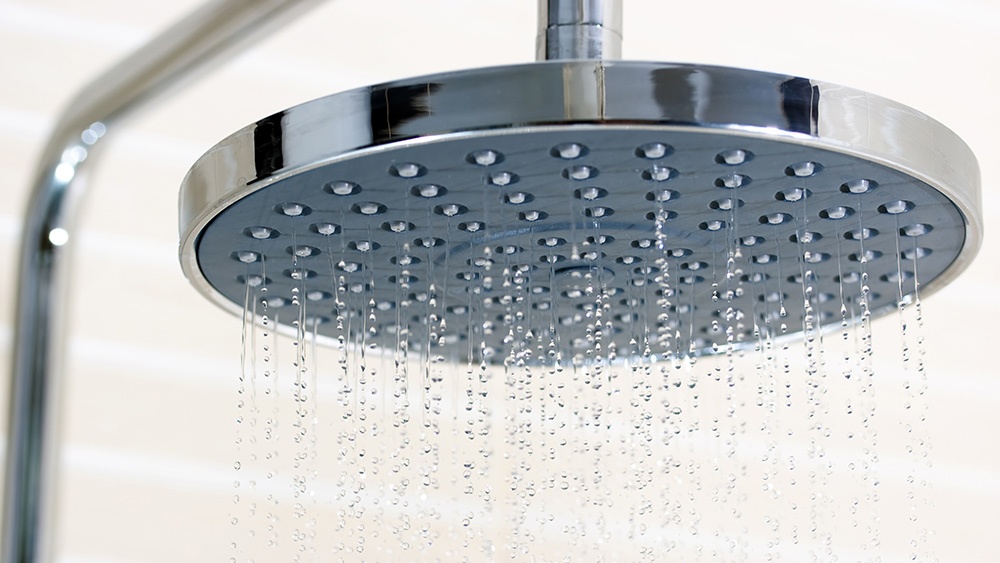 You use water every day in your home, from taking a shower or bath and running the dishwasher to using the coffee or ice maker and running the washing machine. Cutting back on using water is beneficial to your monthly water bill, the environment, and your plumbing anatomy.
You use water every day in your home, from taking a shower or bath and running the dishwasher to using the coffee or ice maker and running the washing machine. Cutting back on using water is beneficial to your monthly water bill, the environment, and your plumbing anatomy.
Take Warner Service’s advice on how to conserve water in your home this spring:
Turn off the tap when you’re brushing your teeth. Water comes out of the faucet at an average of 2.5 gallons per minute, all of which go down the drain -- unused. Leave the faucet off while you brush your teeth twice a day.
Fix leaky faucets and pipes. Slow faucet drips are one of the biggest culprits to wasting water, wasting an average of 20 gallons of water per day, according to Forbes. A leaky toilet wastes about 200 gallons per day. All of this adds up on your monthly water bill, so call a plumbing professional to tighten any loose faucets and fix any leaky plumbing anatomy.
Reuse cooking water. If you make pasta, drain the water into a separate bowl or bucket. Wait until it cools, and use this extra water to quench the thirst of your houseplants.
Shorten your showers, and avoid baths. Older showerheads use as much as 5 gallons of water per minute. At an average shower time of 9 minutes and 15 seconds, that’s more than 45 gallons of water per cleaning. Worse off, the average bathtub holds around 80 gallons of water.
Avoid taking long showers or hot baths to conserve water in your home by setting a kitchen or cell phone timer to five minutes or less. This practice saves a few bucks on your monthly water bill, too.
Double-dip dishes. If you’re washing dishes by hand, invest in a dual sink. Fill one side with hot, soapy water to wash dirty dishes, and fill the other side with cool, clear water to rinse. According to the U.S. Environmental Protection Agency (EPA), you use half of the water you would from using a single sink.
Choose energy-efficient water fixtures. According to Care2, “the largest social network for good”, “Aerating your faucets, investing in a low-flow toilet, choosing efficient shower heads, and opting for a WaterSense rated dishwasher and washing machine can add up to big water savings.”
Invest in a pool cover. If you have a backyard pool, invest in a cover for it. A cover retains the temperature of a heated pool and reduces evaporation, which cuts replacement water by 30 to 50 percent, according to the EPA.
Don’t run the dishwasher or washing machine until it’s completely full. It’s impossible not to do dishes and laundry every week, but avoid running these water-heavy appliances until they’re completely full. Those half-loads waste a lot of water.
HVAC System Tip: It’s also best to run the dishwasher and washing machine at night to save energy.
Water your plants at the right time of day. Care2 suggests watering outdoor plants in the early morning because you’ll need less water due to cooler morning temperatures. The low temperatures mean losing less water to evaporation.
Avoid watering outdoor plants in the evening, despite cooler temperatures, because it promotes mold growth.
To learn more about how you can conserve water year-round, check out 5 Tips To Conserve Water (And Money) and Water: Where Did It Come From, Where Does It Go from Warner Service in Frederick, Maryland.
For more information on how to prepare your home for the warm weather, download Warner Service’s Preparing For Summer HVAC Checklist by clicking on the button below:


